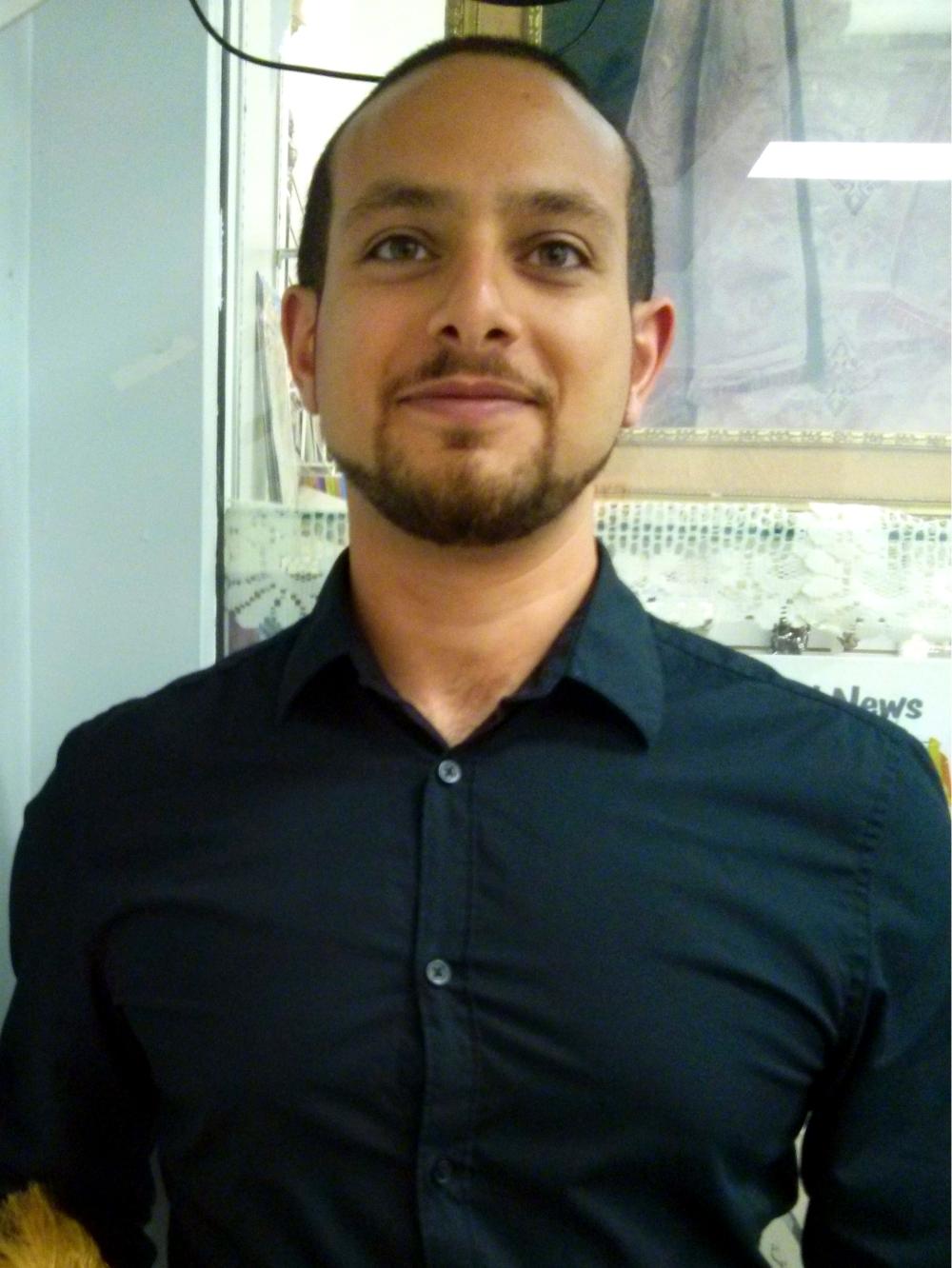AUTHOR: Crystal Mahadeo

What is your PhD research focused on?
My research is focused on the synaptic changes that are involved in reinstating juvenile-like plasticity in the adult brain. I used a critical period for ocular dominance plasticity in the visual cortex as a model of functional plasticity.
What do you hope to do when you are finished your degree?
I want to take what I’ve learned from basic research on neuroplasticity and apply it to the clinical setting. There is a large need for neuroplasticity-based therapies in the field of neurorehabilitation. I want to bridge that gap by pursuing medical school and focusing my practice on innovative techniques for neurorehabilitation.
What do you do in your spare time?
In my spare time I do power lifting. I have been training for a year working towards my goal of a thousand-pound-total (this total is made up of the squat, bench press and deadlift). If all goes well I’ll be competing at an International Powerlifting Federation (IPF) certified meet next year.
Tell us about Out of Our MiNDS and what it does.
Out of Our MiNDS is an outreach program that takes basic neuroscience and cutting edge research that is done at McMaster University and makes it accessible to the public. Graduate students and faculty members in the MiNDS program teach basic neuroscience to students throughout the year at local high schools. We also host an event for Canadian Association of Girls in Science (CAGIS) for girls 6-13 years old who are interested in learning more about neuroscience, and help judge and mentor neuroscience-related projects at the BASEF (Bay Area Science and Engineering Fair) and national science fair competitions.
Why do you think there was a need for an outreach program of this kind?
In Ontario, neuroscience tends to be neglected in school curricula. We find that the crash courses we offer to students expose them to an aspect of science that they know very little about. It gets them excited to learn more. More broadly speaking, the brain is the least well understood body system, so as neuroscientists I feel it is important that we share our information with the public. We can help make connections and further people’s understandings of how the brain is involved in everyday life.
Explain why you think it is such a successful program among graduate students who volunteer.
I think that Out of Our MiNDS has been a great success because the pedagogical aspect is extremely attractive to our graduate students. It is a field that we are all passionate about and eager to share with others. In fact, the interest and excitement has spread from the MiNDS students to the faculty with many faculty members now wanting to participate!
What are the plans for the future of Out of Our MiNDS?
We’re going to increase our faculty volunteer base and have them explain their cutting edge research in a way that is accessible to young students. This way, we can share the amazing work that is being done in the field of Neuroscience at McMaster with students in the greater Hamilton area. We will also continue working with CAGIS, and volunteer with local and national science fairs to promote neuroscience-based projects. Finally, we’re working on a brain safety campaign for next year’s brain awareness week.
Is there space for new students to join?
There is always space! We are always looking for new members to join our growing program! More members means more flexibility and more outreach to schools in Hamilton.
Tell us why you think that new students to the program should get involved in Out of Our MiNDS.
Out of Our MiNDS provides a unique opportunity for graduate students to practice presenting and translating their scientific knowledge in lay to the public. It is also a wonderful way for new students in the program to network with like-minded individuals who are passionate about research.
Do you have any advice for new students?
Yes I do! I would like to encourage everyone to use the new SOMA guidebook for their committee meetings and comprehensive exams. Read through the guidebook well ahead of time to understand what is expected of you. Also, before your comprehensive exam, meet with the members of your committee (individually) as much as possible to discuss your work. If there are gaps or flaws in your work, they will most likely be pointed out ahead of time. Lastly, the first draft is always the worst so get it over with or you will never get to the last draft!
What is your favourite part about Out of Our MiNDS?
My favourite part is seeing the MiNDS students getting passionate with young students. Out of Our MiNDS started as a 3-person outreach team, but in the last 2 years it’s grown to a 20+-person team, mostly by word of mouth. I’m really just so happy and excited to see what this organization can do for the community, and the influence this outreach can have on young scientists.
If you are interested in joining Out of Our MiNDS please email Simon Beshara: besharsp@mcmaster.ca